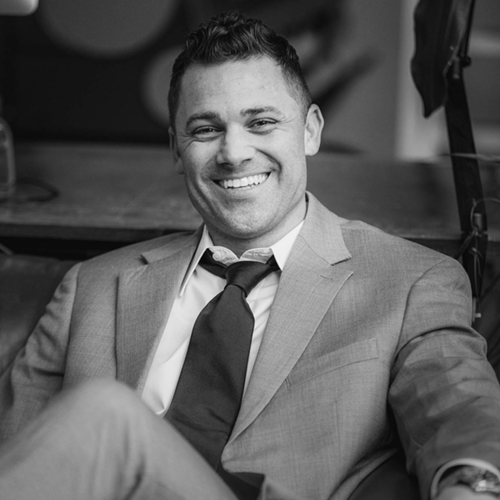Welcome to my page, the place in which I hope to introduce myself and answer many of the questions you may have. After reading the intro below, you may still seek additional clarity; therefore, I am also available for a brief phone consultation to learn more about what brings you to this process. This initial conversation typically helps us to determine whether we might be a good fit for one another prior to forming a therapy relationship.
I am a licensed counseling psychologist in the state of Texas and enjoy working with individuals, groups, and teams. I’ve received comprehensive training and gained ample experience in working with a broad range of issues. Additionally, I’ve developed significant expertise in several specific areas (see list below), which supports the therapeutic process and helps guide our direction, enabling us to achieve positive outcomes together.
For 15+ years, I have worked with individuals in various settings, including community outpatient clinics, psychiatric hospitals, medical hospitals, university counseling centers, sport and organizational settings, and private practice. I’m grateful for the opportunities earned to present at conferences and training programs across the country, sharing insights and expertise with fellow colleagues and other types of professionals. I have also enjoyed serving as a visiting international professor outside of the US.
For those interested in my work with human and organizational performance, please visit our website for Elevate Performance Psychology
Contact:





 Alamo and Dr. Dodd work together as a certified animal assisted therapy team
Alamo and Dr. Dodd work together as a certified animal assisted therapy team